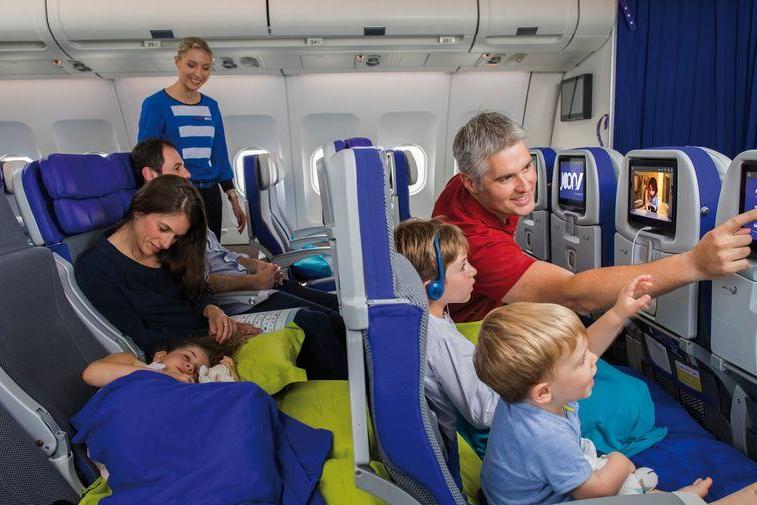Air France to axe millennial airline Joon after barely a year
Plane Talk: Joon junked after it fails to catch the public imagination

Your support helps us to tell the story
From reproductive rights to climate change to Big Tech, The Independent is on the ground when the story is developing. Whether it's investigating the financials of Elon Musk's pro-Trump PAC or producing our latest documentary, 'The A Word', which shines a light on the American women fighting for reproductive rights, we know how important it is to parse out the facts from the messaging.
At such a critical moment in US history, we need reporters on the ground. Your donation allows us to keep sending journalists to speak to both sides of the story.
The Independent is trusted by Americans across the entire political spectrum. And unlike many other quality news outlets, we choose not to lock Americans out of our reporting and analysis with paywalls. We believe quality journalism should be available to everyone, paid for by those who can afford it.
Your support makes all the difference.Barely a year after it was rolled out as the airline to attract “millennials”, Air France’s Joon brand is to be axed. The cabin crew’s “smart casual attire for a flying experience that’s both stylish and relaxed” failed to make an impression, even when they were serving “vitamin-filled smoothies made of 100 per cent fruit”.
The route network was leisure-focused, connecting Paris Charles de Gaulle with Cape Town, the Seychelles and the Caribbean island of St-Martin, but there are also business routes such as Cairo and Mumbai.
The new Canadian boss of Air France, Ben Smith, revealed the demise of the airline billed as “the new generation of travel” in something of a coded message.
The French airline’s newsroom put out a tweet late on Thursday afternoon announcing the signing of a pay deal, in response to the concerns of flight attendants, which “improves” working conditions.
As a result: “Air France will be able to deliver better service to our customers.”
A settlement is quite an achievement given the appalling labour relations prevailing a year ago when the French airline was heading for 15 days of strikes over several months.
But deeper into the announcement, you learn that the “project for Joon’s future” is to bin the whole silly idea.
Joon was an abject failure. “The brand was difficult to understand from the outset for customers, for employees, for markets and for investors,” Air France concedes with admirable honesty.
“The plurality of brands in the marketplace has created much complexity and unfortunately weakened the power of the Air France brand.”
Mr Smith now plans to convert the planes so expensively rebranded to Joon back to Air France-ness.
Network airlines such as Air France have a shocking failure rate at setting up offshoots. They mostly do it to try to cut costs, in a bid to compete with newer, leaner low-cost rivals.
The concept is simple: routes where the full-service airline cannot make money are transferred to the low-cost offshoot, which cuts out the frills and makes the services viable.
But aviation history is littered with the scrapped brands and business plans of failed budget subsidiaries. In the 20th century, United tried Ted and Shuttle by United; Continental Lite came and went; and with considerable song and dance, Delta launched Song – which turned out to be a no-hit wonder.
Air Canada’s Rouge brand is surviving – perhaps because the Canadian carrier has had so much practice in setting up budget offshoots.
In 2002 I flew (on non-Lite Continental) to Calgary to see the launch of Zip, set up by Air Canada’s then-boss, Robert Milton, “to provide employment opportunities for some of our surplus staff” and compete with WestJet, just across the runway. It lasted two years.
Real successes are harder to find. Qantas has done well with Jetstar, while BA’s parent, IAG, can count three low-cost elements: Aer Lingus, Vueling and Level – which, like Joon, is aimed at millennials.
As far as I can see, the French effort’s only significant innovation was “Cosy Joon” – converting some economy seats to couches so that families could have somewhere to lie down.
It involves detaching cushions from head rests and using them to extend the length of the seat, but even that concept was borrowed from Air New Zealand’s Economy Skycouch.
Air France’s Manchester-Paris route, operated three times a day, is due to be converted to Joon on 31 March this year. It is not clear if this will go ahead.
The main beneficiaries of the whole miserable business appear to be cabin crew hired for Joon on pay about 40 per cent below Air France. They will now be upgraded to “mainline” pay scales.
Join our commenting forum
Join thought-provoking conversations, follow other Independent readers and see their replies
Comments